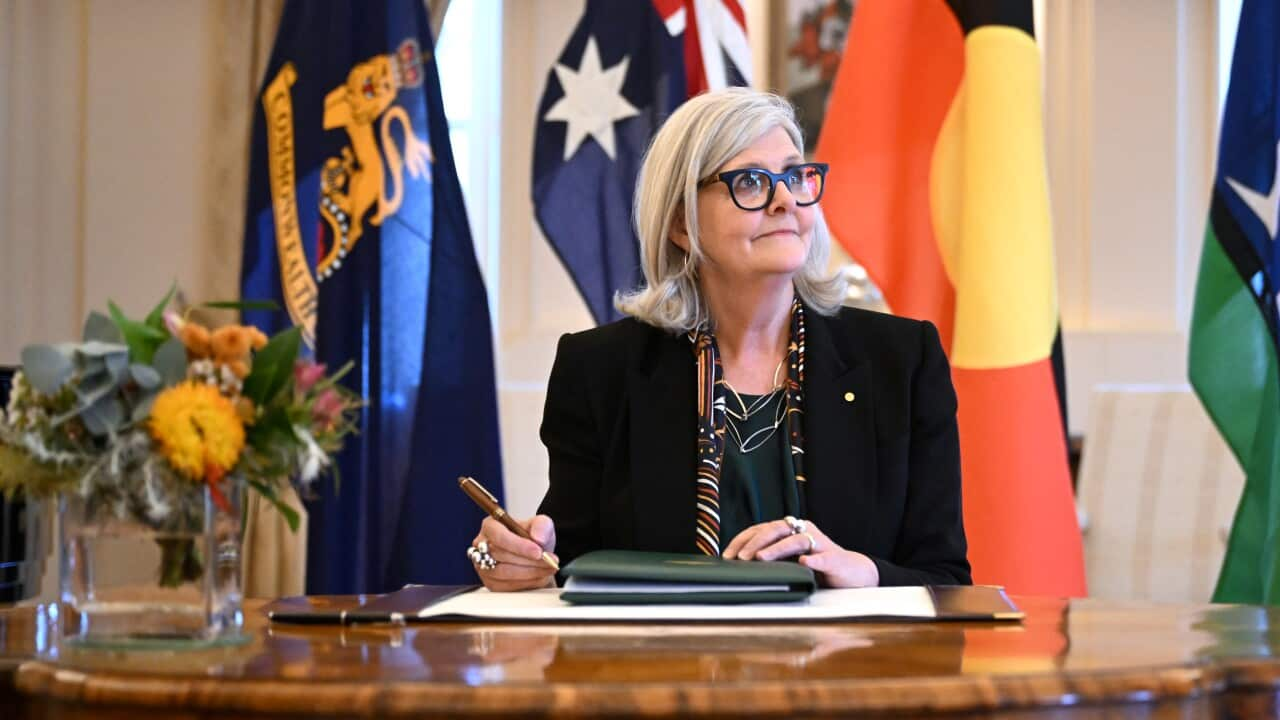Landing a job interview these days often comes from personal contacts and recommendations. However, there are a few steps you can take to get that break.
What are your strengths?
You need to figure out your strengths and be specific about it. The “strength” question pops up at every interview. The best way to prepare for questions around your strengths is by doing as much preparation beforehand as possible.
Try and match the needs and abilities of the role with your skill set and personality:
- Make sure to read through the job description thoroughly and identify the key requirements. If the need is for interaction with multiple departments, say, you can take this to mean excellent communication and interpersonal skills.
- Then identify five key strengths and then match them to the requirements and skills that are needed to carry out the job.
- Think quality not quantity. Focus on a few key strengths and explain these succinctly. This will leave your interviewer better placed to remember you and your credentials.
- Aim to strike a balance between over-confidence and underselling yourself. If you list too many strengths you risk sounding arrogant, whereas too little implies a lack of confidence or, worse still, skills.
- Always have an example ready for each strength.
Find out more about the job
Do your research and find out more about your target company and the job you are applying for. You can go on LinkedIn or Google to find out the name of the person who is hiring.
Most employers would require you to email your job application, so it’s important that you set up an email account that is professional and suitable for work purposes. And don’t be afraid to contact the hiring manager direct for a quick discussion or a follow up to the email you have sent.
Make sure your resume stands out
A resume is a very important tool in your job search. Keep it up-to-date and try to develop a resume that stand out from the rest. Make sure your resume reflects the skills the employer is looking for. There are several available online.
When applying for a job, also keep in mind that resumes are often screened by computer programs rather than by the recruiters. It’s important how your resume reads. “It’s being screened for keywords. So, if you haven’t tailored your resume or your covering letter to the specific requirements of the applications, it’s going to be quickly screened out” sayscareer coach Ray Pavri from Job Transition Strategy.
Tap into Australia’s hidden job market
Networking and building relationships is an essential part of the job search. Career coach Ray Pavri from Job Transition Strategy recommends networking to penetrate the hidden job market, and being very strategic about how you approach any potential employers.
It’s crucial to develop the soft skills to relate with people. Pavri believes that instead of hunting for opportunities through mainstream search engines like and indeed, job seekers should to tap into Australia’s hidden job market where around 70 per cent of the roles aren’t advertised.
“If you’re following the same pathway as every man and his dog, and if you’re one among 1400 CVs being supplied to a job ad, there’s very little chance that someone that doesn’t have local experience is going to be able to differentiate themselves” says Ray Pavli.
“There are anywhere from 400 to 1400 applicants per job ad.”
What to say and how to say it?
You can score extra points at a job interview by understanding what to say and how to say it. By using the right tone of voice and body language you can secure the job you want. “In some cultures, you show respect to the potential employer by appearing very serious; whereas, in Australian work place culture, that would come across as either being somewhat insecure in your abilities, or not being truly interested in the job you apply for” says Luke Treadwell.
Attend employment workshops
You can always attend a free employment workshop to learn more about the Australian job market.For example in Victoria runs employment workshops for people new to the country. English language lead teacher Luke Treadwell suggests overcoming the lack of local work experience through volunteering. “When applying for work, job seekers need to understand that their applications are often screened by computer programs rather than by the recruiters” says Luke Treadwell.
Register with Centrelink and other employment agencies
Organisations such as Centrelink and have various free facilities to assist job seekers. They also employ people who can assist you to find work if you are claiming Centrelink payments.
Translated factsheets are available in 15 languages for job seekers.





